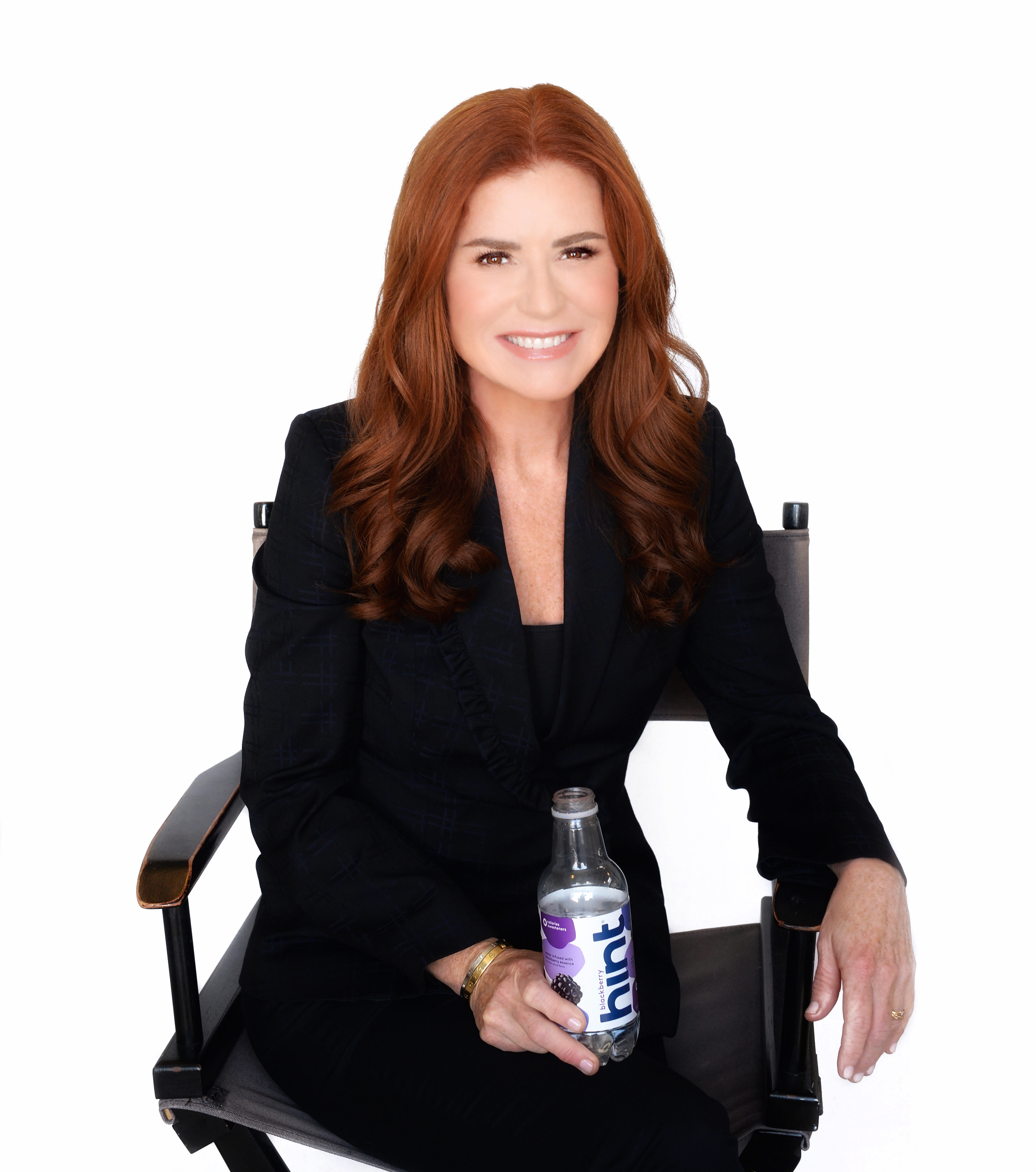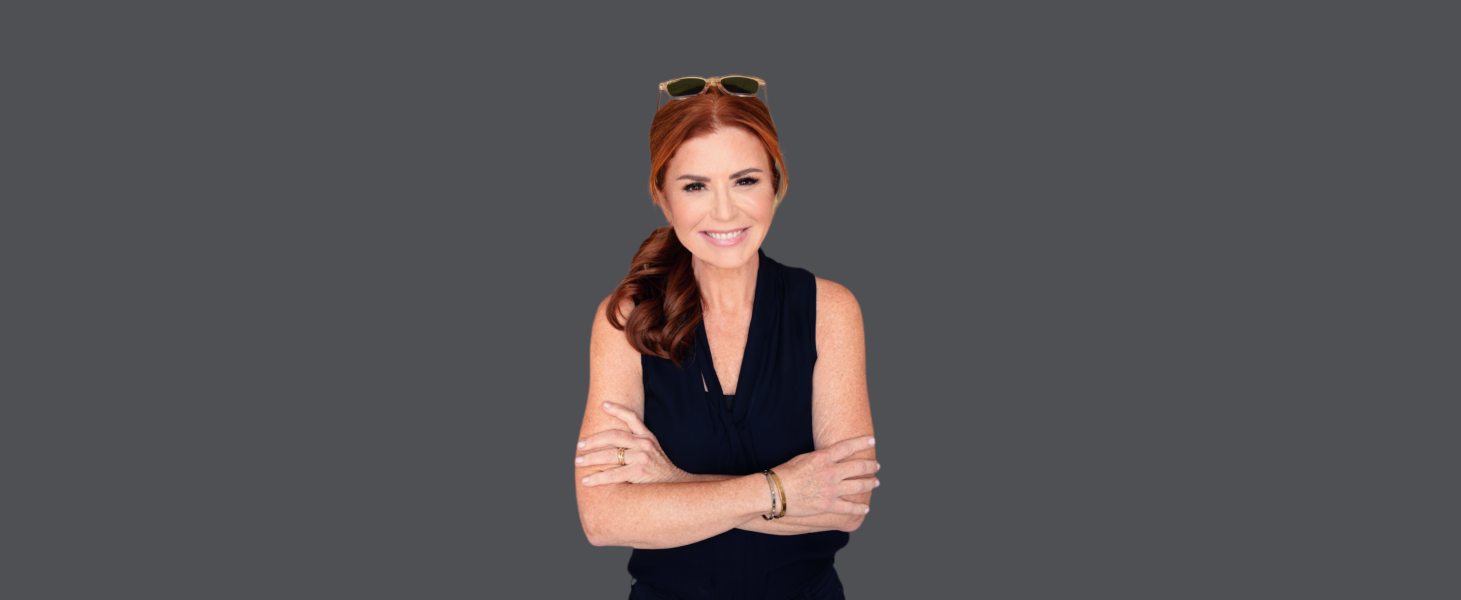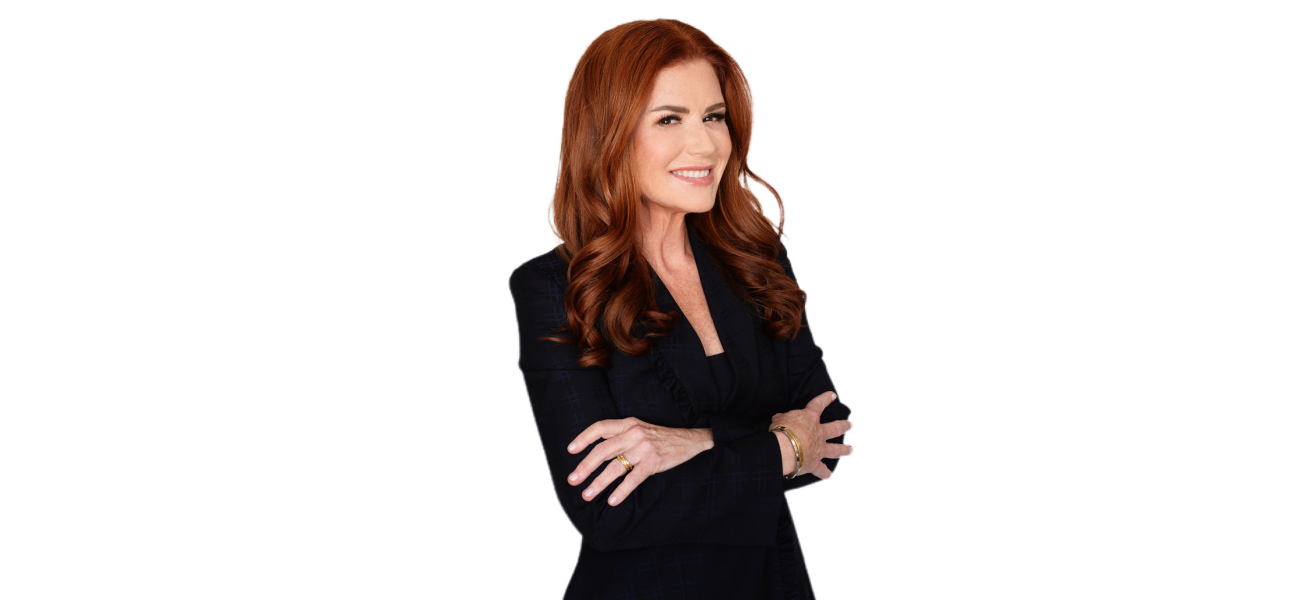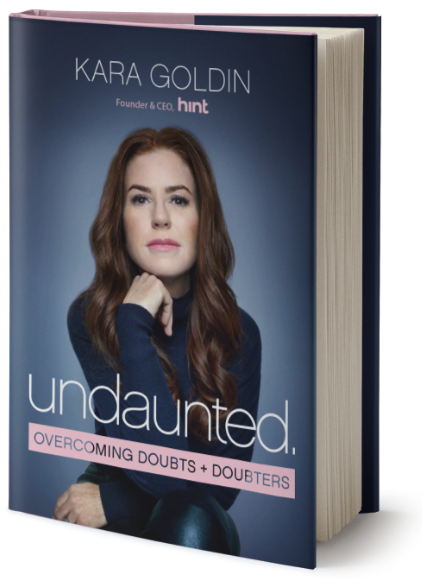Get Going and Disrupt Already
·
7 minute read
·

Over the years, I’ve witnessed countless entrepreneurs disrupting established industries. And while it may be surprising to some, the most innovative thinking often comes from people who leave one industry to join another. These people bring a different perspective. A new lens. A fresh pass that often drives change.
Yet, conventional wisdom doesn’t often lead us to predict this. It’s certainly something I was never taught. In fact most people are told that people should only try their hand as an entrepreneur and start companies AFTER they have gained experience in a particular industry. But what if we didn’t know the rules of an industry? What if we hadn’t followed the same pattern over and over again to success. What if we are just newbies to it all or a new industry?
I often refer to myself as an accidental entrepreneur. Maybe different from what some of you imagine. I didn’t dream of starting a business. Entering the ultra-competitive beverage industry wasn’t something I ever imagined myself doing either.
But here’s what drove me. Curiosity. And the ability to solve a problem. A puzzle I had been thinking about.
In order to innovate and create a new product and company – not to mention a new category – in any industry, it takes courage. Or stupidity. Or a bit of both. I credit my early experience in tech, where I learned to build the plane while flying it. Creating and innovating and honing my skills. I had fun leading a group of people building out partnerships for what would soon be known as the leading platform for online commerce back in the early days of direct to consumer. Charting new territory and leading the build of a billion-dollar business for AOL. It was truly the wild west.
Those skills – not knowing what was in front of me most days, but imagining what could happen regardless – would transfer to the beverage industry nicely. That curiosity to learn a new industry and a commitment to change an industry for the better. To create a water that just tasted better without sweeteners in it – sugar or diet sweeteners. And tame my diet soda addiction. I thought it could help a lot of other people who were searching for a similar solution too, but just hadn’t realized it yet.
Had I worked my way up through the beverage industry, I may not have seen my vision so clearly. Coming up with an idea that would challenge diet soda and enhanced waters that were supposed to be better for consumers would be taboo. Eat into market share with a product that eliminates sweeteners altogether? Unlikely. Who needs that?
Over the years, I have heard from many experienced beverage execs that the idea for Hint could have only been created by an outsider. And it was. I was once told by a certain soda exec, after I started Hint, that the consumer of that time (about 15 years ago) wanted “sweeter drinks with less calories.” Given my own personal experience, I couldn’t help but wonder if he ever thought about the consumer who may figure out that those sweeter-with-less-calorie drinks are doing more harm for ones health than good.
The early days of Hint were challenging for sure. We made many mistakes. From the clear label design that no one could see on the shelf, to figuring out how to make our product without preservatives. Most industry vets would have closed up shop before they even got started. Challenge after challenge. And each time, I found myself getting back up. I wasn’t going to allow those gnarly challenges to stop me. Instead, facing every roadblock like a new interesting puzzle. And entering each day excited to keep asking, “What can we do?”
That curious mindset. Where you live to iterate and constantly improve. And in our case, a different kind of thinking brought to an old industry where most felt that they had the consumer all figured out.
Once in a while in those early days, I would run into established beverage execs. And often I would take the opportunity to drop a few questions their way. I’ll never forget how most would answer, knowing that I was an outsider who didn’t come from their world, “Well that’s not how it’s done in this industry.” While those statements often irritated me, I often took those statements as opportunities to follow up with, “But why not?!”
And while most that I encountered didn’t actually know the answers to my often unique questions, that didn’t stop me either.
Entrepreneurs crossing over into new industries bring a new way of thinking. Fresh ideas. Weird questions. Entrepreneurs who are able to draw outside of the lines and break new ground. The people who will eventually disrupt and change things – and hopefully for the better.
Divya Gugnani is a prime example. She’s the CEO of Wander Beauty, a brand that has blazed a trail in the cosmetics and hair care industry. What did she do before starting Wander? Divya had launched an after-market car parts company, a culinary business, and a fashion accessories startup. Not the conventional CV one might expect from a beauty brand founder just killing it in the space.
“Entrepreneurs see things that others don’t see,” Divya said when she was a guest on my podcast, The Kara Goldin Show. “They take risks that others don’t take. They see problems and create companies to solve them.” Divya leaned into cruelty-free, clean formulations that “multi-task” so that her on-the-go customers could pack fewer beauty products with them when they wandered (get it?) beyond their home base. It was an innovation that no one else in the industry was thinking about -– or was brave enough to launch a company around it.
Julie Wainwright, founder of theRealReal.com, is another one of my favorite entrepreneurs. You may be surprised to hear that she had never been to a consignment store or bought anything on eBay before she started her mega-successful now public company. Her ideas started to build after a shopping trip with a friend to a secondhand store where she recognized the white space in the luxury goods resale space that no one was addressing.
“I actually started with just a little bit of money – not a lot of money. I started by figuring out, how many brick-and-mortar consignment stores there were? How does eBay handle luxury goods? How is luxury jewelry sold online?”
For many, seeing the vast white space of opportunity is enough to make one run and hide. An opportunity to come up with a million reasons why a new business idea won’t work. Many might fear an already established industry player. Or think too much and make the execution seem too difficult. Maybe get ahead of themselves – “Who wants to invest in the resale clothing market?” But entrepreneurs like Julie see all the reasons why an idea can work, applying their previous experience to test assumptions and make it all happen. A great idea and killer execution. This is exactly what made The Real Real into the indisputable leader in luxury consignment.
Tim Brown is another terrific entrepreneur who crossed industries. After a career as a professional soccer player, his interest in footwear came naturally from years of wearing different types of sneakers. He founded the Allbirds shoe brand like a true outsider – taking wool material and making sneakers out of them. An idea that many established footwear execs had ignored.
On my show, he explained how many in the footwear industry doubted his ability to produce a quality product that people would wear. Industry experts told him that he was wasting his time. The feedback he received, however, helped him realize that he was ahead of where others were. And because he saw the industry with a different lens, he could imagine what could be. What consumer’s might buy.
So my advice? No matter where you are in your career, the puzzle and the problem are yours to solve. Go out and disrupt. And don’t be inhibited by stepping into an industry you know nothing about.
The world is yours to add your positive mark to.
I’m counting on you.
Undaunted
Get Kara’s Insights In Your Inbox




